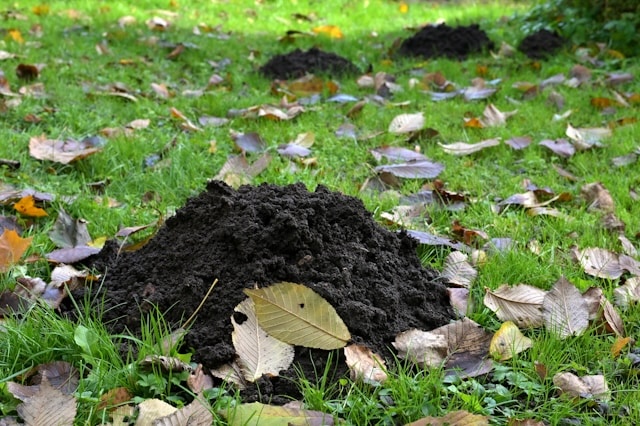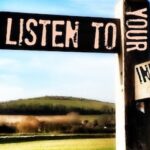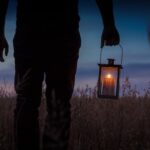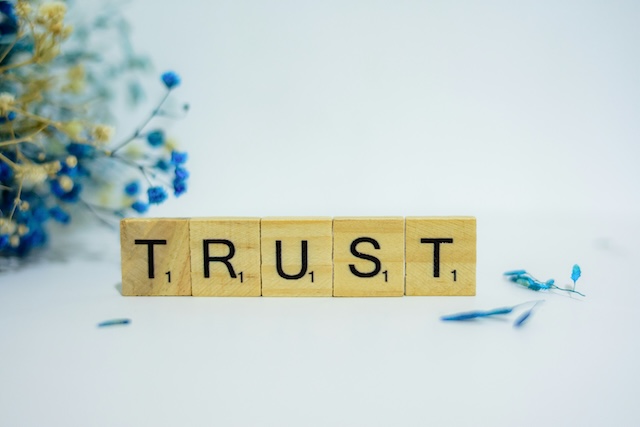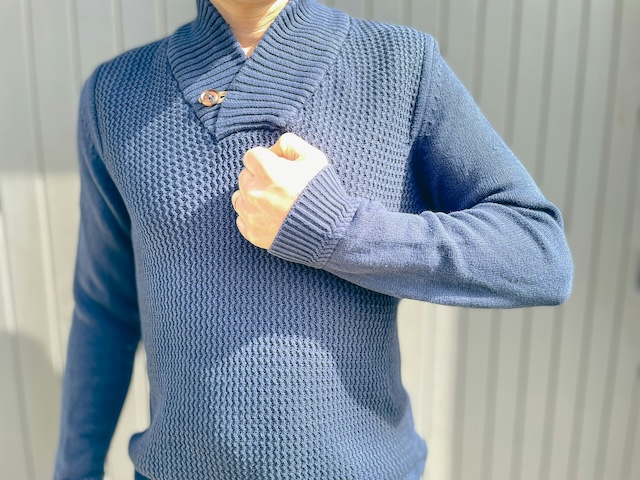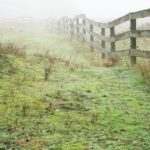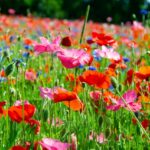“Wholeness is not achieved by cutting off a portion of one’s being, but by integration of the contraries.”
—Carl Jung, 20th Century Swiss Psychiatrist
Wholeness isn’t about being perfect — it’s about being complete.
Too many people chase purity, trimming away anger, fear, or ambition as if those parts make them unworthy.
Growth doesn’t come from denial: it comes from integration.
Your shadows aren’t enemies — they’re maps to deeper authenticity.
When you hold contradictions instead of hiding them, your energy stops leaking into self-judgement. Integration doesn’t mean indulgence; it means relationship.
You become the one who chooses consciously, not the one ruled by self-doubt.
The work of wholeness is messy and alive, but it’s also the path to real power: the harmony that includes everything you are.
EXERCISE:
Where are you chasing a better version of yourself by cutting away the parts you don’t like?
How might you learn to work better with your contradictions — not against them — to create a more integrated and authentic you?


